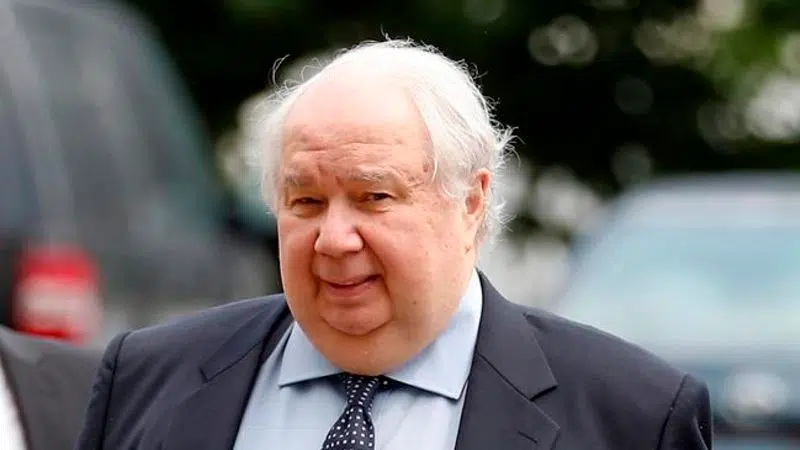
A look at Russians who became mixed up in Trump probe
MOSCOW — An investigation by special counsel Robert Mueller into an elaborate Russian operation that sought to meddle in the 2016 U.S. presidential election and try to help Donald Trump win the White House has cast a spotlight on more than a dozen Russian nationals, including billionaires, an elusive linguist, an ambassador and a pop star. A look at some of the cast of characters:
PUTIN’S CHEF
Yevgeny Prigozhin, 57, earned the nickname of “Putin’s chef” for hosting Russian President Vladimir Putin and his foreign dignitaries at his restaurant and catering important Kremlin events. A former convict, he now runs companies worth hundreds of millions of dollars, thanks to his willingness to do favours for Putin that others would find too risky.